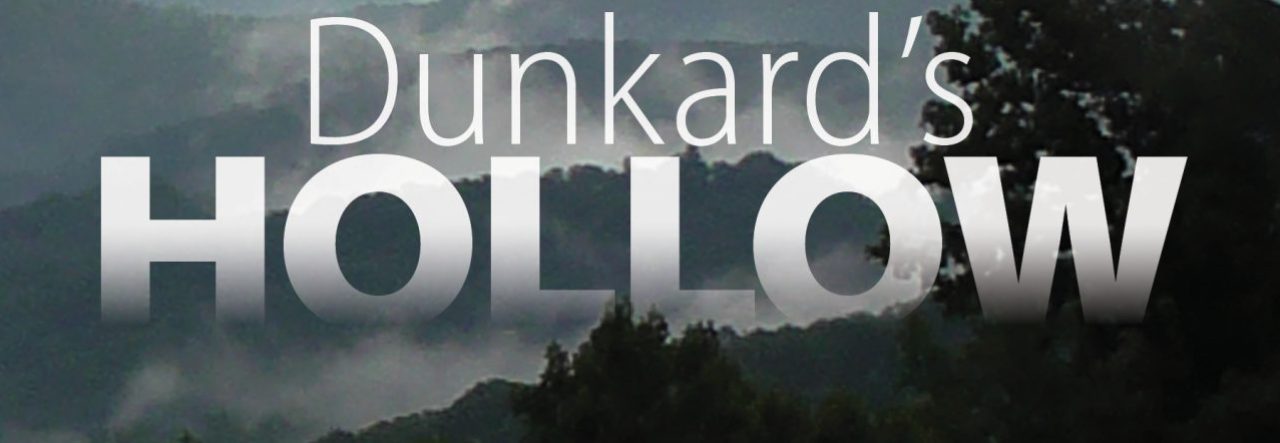 Murble: a cross between garble and mumble. As in: “With the covers over her head, she spoke, but her words were murbled.”
Murble: a cross between garble and mumble. As in: “With the covers over her head, she spoke, but her words were murbled.”
It is not a mistake. It is a new word. It is the sound I heard and the word I wrote. I invented it.
Kindle, however, thinks I’m wrong.* In fact, they keep sending me polite little messages that I have a “mistake” to correct in my book CAIRNAERIE to which I reply:
“I beg to differ.”
As an author, am I not entitled to invent words? Who, pray tell, is better suited to create new words than writers? Just imagine if Dr. Suess had been limited to “real” words. Or Ransom Riggs? Or Roald Dahl? Or J.K. Rowling?
New words are created every year—possibly every day—given the Internet’s ability to propel words around the globe in the blink of an eye. In 1975, the word “meme” didn’t exist. In 1976, it did—invented by Richard Dawkins.
(Hmm, Kindle, take note: An author invented a word.)
In his book, The Professor and the Madman, Simon Winchester details how the Oxford Engish Dictionary was written with the help of a mad professor confined to a jail cell. (It’s a terrific book, by the way.) The voluminous OED took eight decades to complete and required its editors to dig out where words first appeared in print.
That means that many words have beginnings. They are conceived, created and born at a specific time and place. Just because one reader doesn’t recognize a word doesn’t mean it’s not a legitimate word, does it?
But why does it matter?
Writing should be precise. When it’s imprecise, it sounds sloppy, as if the writer doesn’t really care about how it’s read. But precise writing gets at exactly what a writer wants to say. Precise writing draws a reader more deeply into a story by pulling the reader closer to the writer’s mindset.
For writers, though, sometimes the perfect word doesn’t exist.
So what is a writer to do? I say invent, imagine, create, shape, modify, morph.
Take the word ‘bumblebee,’ for example. Bumblebee—originally humble-bee—was apparently changed echoically (based on sound) to bumblebee to reflect a Latin sound. But bumblebees don’t bumble. They murmur with a little whirring sounds, like a tiny internal motor. The word bumble sounds—to me, at least—like a cardboard box rolling down a flight of stairs.
If writers can’t invent words, well, then there’s something wrong in the universe. Imagination is the heart of writing, particularly fiction, and because language is fluid and changeable, authors should not only have a right but a duty to make it better. Above all others, writers should work to hone, improve, expand and improve our common lexicon. To prohibit authors from creating words is akin to keeping scientists from curing diseases or teachers from designing new methodologies or artists from introducing new genres.
To that end, I’m standing my ground and continuing the fight of the murble-bee. I’m sticking with “murble” in hopes that in 100 years when the OED is in its newest printing, it will read: “murble, first appeared in the writing of M.K.B. Graham.”
